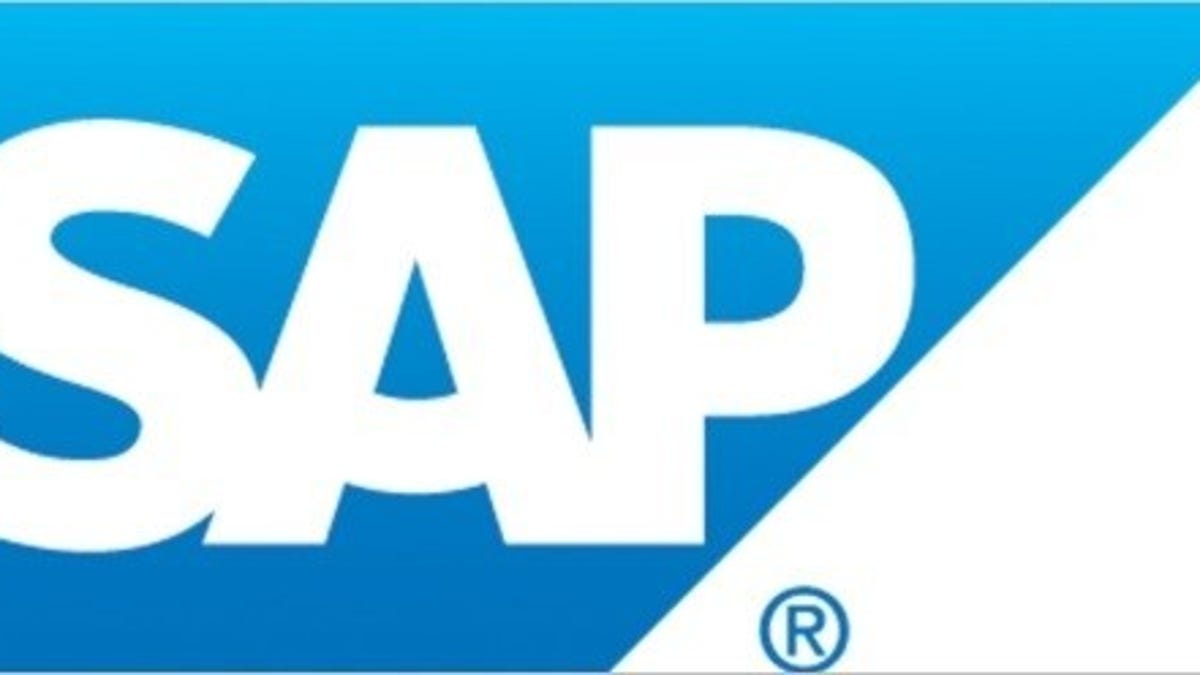SAP touts service that sells customer data from phone firms
The European maker of enterprise software would serve as a kind of middleman, analyzing data gathered by various wireless operators, selling results to marketers, and sharing the profits with the wireless companies.

Verizon Wireless already sells its customers' mobile data to marketers. Now European enterprise-software giant SAP is taking things a step further by testing a service that will sell data collected by a number of wireless providers.
SAP announced its Consumer Insight 365 mobile service this week at the CTIA 2013 wireless show in Las Vegas. The service will, the company said in a release, pull data from SAP's "extensive partner network" including "over 990 mobile operators;" aggregate and analyze it "without drilling down into user-specific information;" and make results available to subscribers through a Web portal.
The data could, for example, combine information on the location of mobile users with info on what links they're clicking in those places.
In an earlier report, The Wall Street Journal offered up one potential use scenario: "Retailers worried about 'showrooming'" -- or customers handling products that they'll later buy via the Web -- "can find out what Web sites people visit on their phones when they're in their stores." The Journal said SAP will share profits from the service with the mobile operators that provide data. The paper also reported that SAP hasn't said which mobile operators, specifically, it's working with.
SAP says in its release that "this market intelligence will ultimately allow brands to strengthen relationships with consumers through more targeted and context-specific marketing efforts." But products like Consumer Insight -- and the fact that SAP recognizes the demand for such services -- also raise privacy questions.
The Journal notes that the growing market for data could inspire companies to collect still more data -- and thus "broaden the range of data about individuals' habits and movements that law enforcement could subpoena." It quotes a privacy specialist at the American Civil Liberties Union: "It's the collection that's the scary part, not the business use."
Wireless operator Verizon told the Journal that for its own Precision Market Insights service, launched last October, it sells no data beyond what it already gathers, and that it follows legal processes in regard to law enforcement requests. And subpoenas aside, the company lets customers opt out of the selling of their data. Verizon is "committed to customer privacy and takes the issue seriously," the company said at the time of the Precision Market Insights launch.
SAP is also clearly aware of the basic privacy issue. In its release, it makes a point of referring to the data it would gather from wireless operators as "anonymized." It's also clearly aware of the growing practice of selling consumer data -- and of the opportunity such selling presents for a middleman with a product like its Consumer Insight 365. In the release, it quotes a study by Gartner:
The financial demands of storing and managing big data will lead 30 percent of businesses to directly or indirectly monetize their information assets by trading, bartering, or outright selling them by 2016. Many enterprises are starting to appreciate the real market value that their harvested information assets have within their own industries or beyond. However, the lack of expertise in handling big data and developing information products will create an opportunity for the growth of specialist intermediaries, acting as information brokers or resellers.
SAP says its Mobile Services division works with more than 990 operators and 5.8 billion subscribers across 210 countries.

